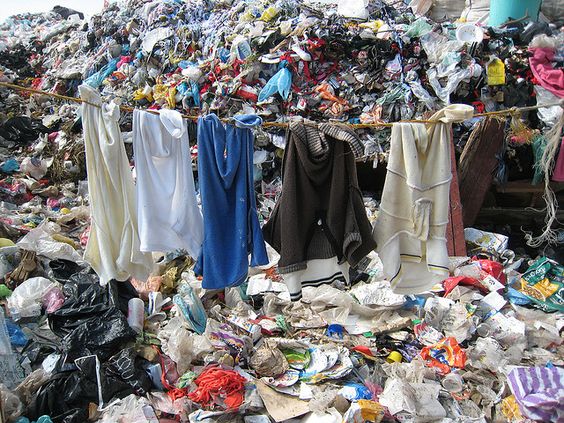Sustainability has been a buzzword in the fashion industry in recent years.
The fashion industry is one of the most polluting industries globally, responsible for massive amounts of water usage and waste generation.
The rise of sustainable fashion seeks to change this by creating clothing that is eco-friendly, durable, and made from sustainable materials. Many fashion brands from high-end luxury brands to affordable streetwear brands have started to adopt sustainable practices in the production of their clothing.
The first step towards sustainability in the fashion industry lies in understanding the environmental impact of the textile industry. The textile industry relies heavily on water, energy, and raw material. The production process of cotton, one of the most popular fabrics, requires immense amounts of water and pesticides that damage the environment. The industry’s sustainability can be improved by switching to water-free and biodegradable materials such as bamboo, hemp, and organic cotton.
Another significant area that needs attention in the fashion industry is labor and social responsibility. Fashion brands must take responsibility for the ethical treatment of their workers. The use of cheap labor and labor exploitation to produce clothes at low prices is a common practice in the industry. Ethical sourcing of raw materials, fair manufacturing practices, safe and hygienic working conditions, and ensuring living wages are essential steps in achieving greater social responsibility.
Sustainability in the fashion industry also advocates for the reduction of textile waste.
Sustainability in the fashion industry also advocates for the reduction of textile waste. Every year, the industry produces over 92 million tons of textile waste, accounting for 5% of global waste. Sustainable fashion supports the upcycling or recycling of textiles to create new products, reducing waste from clothing production, and closing the loop of the linear consumption process. Therefore, sustainable fashion advocates for promoting a “circular economy” that keeps resources in use for as long as possible, minimizes waste, and maintains a pollution-free environment.

To wrap it up, sustainability in the fashion industry is a necessary step to reduce environmental damage, promote ethical practices, and reduce waste. Consumers and brands should participate in building a sustainable fashion industry by opting for eco-friendly clothes and buying from sustainable brands. Changing our perspective and behavior towards fashion can create a positive impact on our planet and promote a sustainable future.

